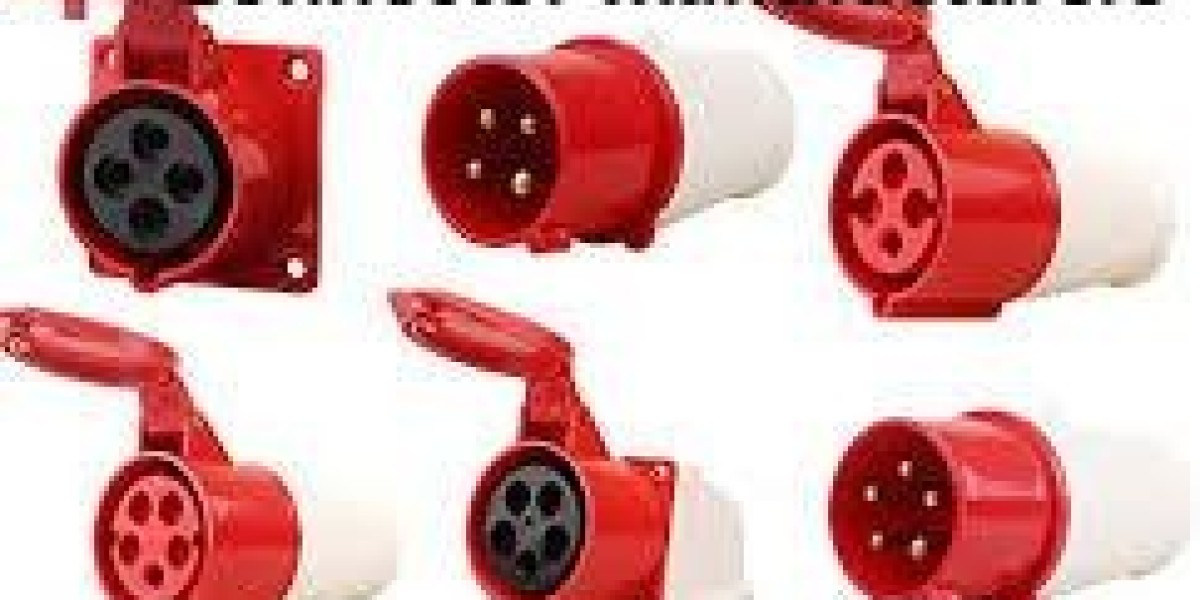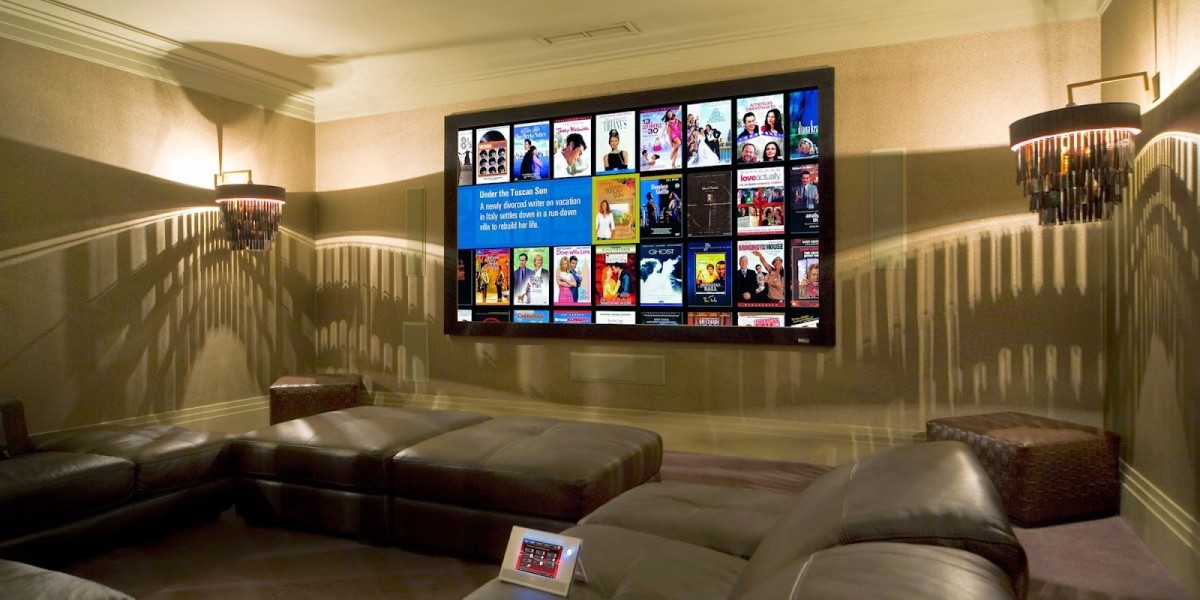Modern manufacturing and heavy-duty systems rely heavily on dependable power connections, where Industrial plug socket connector types and specifications play a decisive role. These components ensure smooth electricity flow and system compatibility across diverse equipment, supporting safe and stable industrial performance.
Designed for Operational Demands
In fast-paced industrial environments, connectors must meet performance requirements without compromising safety. Depending on the application—whether in assembly lines, outdoor machinery, or mobile units—plug socket designs differ in shape, material, and locking mechanisms. High-resistance materials, such as polyamide or aluminum, are often selected for strength, ensuring resilience under daily wear and mechanical stress.
Key Specification Parameters
Understanding industrial plug socket connector types and specifications involves looking at voltage tolerance, current capacity, pin configuration, and frequency compatibility. These variables determine whether a connector supports three-phase or single-phase power, high- or low-voltage usage, or horizontal vs. vertical installation. Precision in specification matching minimizes risk, power loss, and overheating, especially in applications involving continuous loads.
Nante: Adapting to Evolving Needs
Nante has become closely associated with connector innovation tailored for both compact and large-scale industrial systems. Their design strategies consider evolving compliance requirements and equipment trends. Innovations include twist-lock terminals, impact-resistant housing, and integrated earthing systems—all designed to meet industrial safety guidelines and streamline system setup across multiple sectors.
Environmental Considerations
Industrial spaces are not always climate-controlled. From exposure to moisture in food processing to dust in woodworking facilities, environmental threats demand specific connector protections. IP-rated solutions and waterproof seals offer long-term reliability. Selecting connectors based on environmental compatibility ensures electrical continuity and reduces breakdowns during extreme conditions.
Simplifying System Integration
Beyond technical specifications, ease of integration is a growing factor in industrial system design. Color-coded terminals, screw-less wiring, and modular builds allow for quick setup and straightforward replacement. These user-friendly elements reduce downtime and labor costs, particularly in environments where equipment is frequently upgraded or relocated.
Explore more about robust power solutions and connector systems at https://www.nante.com/.







